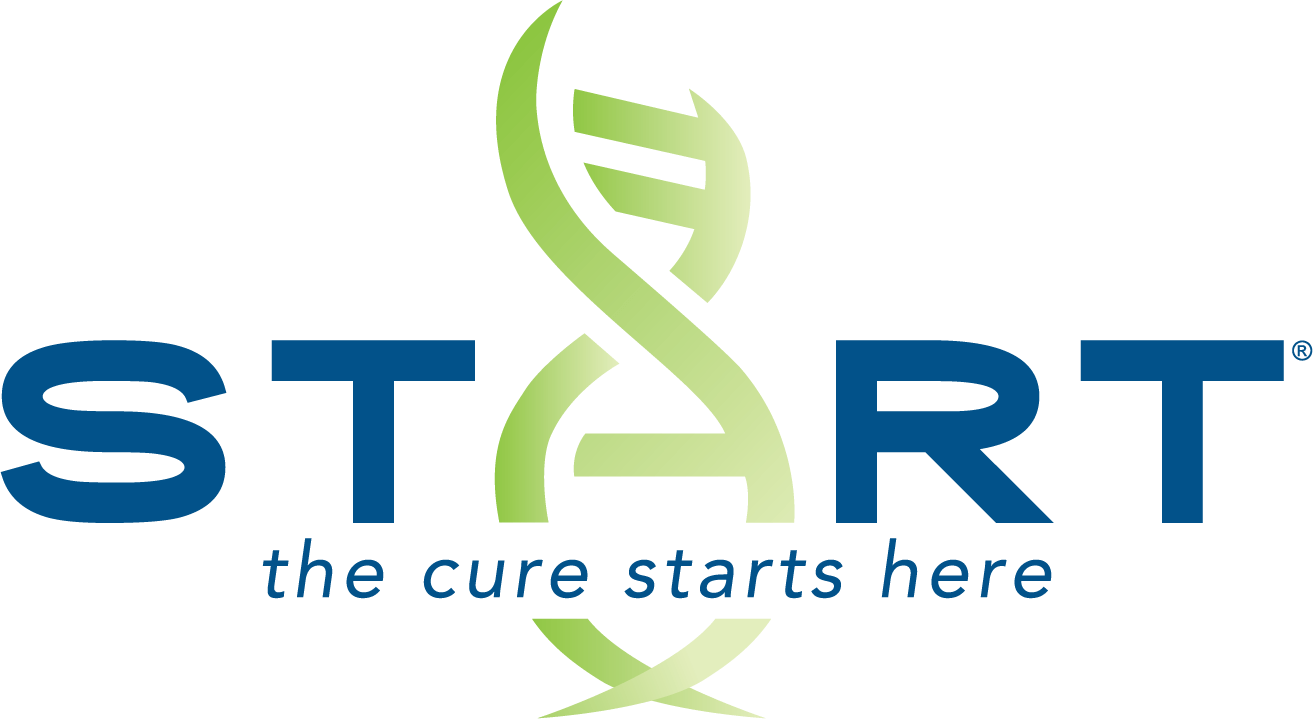Principal Investigators
The Phase I Clinic
Clinical Areas
- 2 Exam Rooms
- 4 Infusion Chairs
- PK Lab
- Pharmacy, including hazardous drug storage and hazardous compounding areas
Clinical Laboratory
- START Dallas Fort Worth works directly with Quest and LabCorp for all laboratory needs
Clinical Equipment
- Crash cart (ACLS certified staff)
- Infusion/syringe pumps
- ECG machine
- Electronic vital signs monitoring; glucometer
- All equipment is annually inspected and calibrated
Investigational Drug Section (IDS)
Drug Shipment Address
- Attention: START – Anna Rose Abangan
800 W. Magnolia Ave., Ste 230, Fort Worth, TX 76104
Pharmacy Equipment
- All equipment is annually inspected and calibrated and includes the following:
- Biological safety cabinet
- 1 pharmaceutical grade -20°C freezer
- 1 pharmaceutical grade -80°C freezer
- Secure medication storage with continuous temperature and humidity monitoring
Medication Preparation
- Detailed storage, handling and preparation instructions are required.
- Procedure to prepare investigational drug
- Compatible IV bags, syringes, and tubing
- Procedure to prepare investigational drug
Medication Screening
- Pharmacists screen and document prestudy concomitant medications using protocol eligibility criteria and identify prohibited medications and other potential drug interactions of concern.
- Investigator confirms and signs off on eligibility.
Drug Accountability
- Master accountability log maintained for each study.
- Due to the potential for staff exposure to hazardous materials, the IDS does not maintain any empty or partially empty container left from the preparation of investigational doses. This includes both IV and PO dosage forms.
Pharmacokinetics
PK Shipment Address
- Attention: START – Anna Rose Abangan
900 W. Magnolia Ave., Suite 200, Fort Worth, TX 76104
Laboratory Equipment
All equipment is annually inspected and calibrated and includes the following:
- Refrigerated / room temperature centrifuges
- -80°C freezer with continuous temperature monitoring
- -20°C freezer with continuous temperature monitoring
Shipping Capabilities
Staff processing PK samples are IATA shipping certified. Specimens may be shipped same day, weekly, or monthly.
Biopsy Specimens
Staff processing PK samples are present at the time of biopsy at ASC and ship tissue according to protocol requirements or send to pathology lab for processing based on protocol requirements.
Archival Specimens
- Staff request and process archival specimens
- Unstained slides are obtained and sent to sponsor or designee
- Tumor blocks and slides are obtained based on pathology lab policy
Specialty Labs
PK department staff routinely process and ship to Central Lab specimens such as biomarkers, PBMCs, DNA, hair follicle specimens, and other specialty labs.
Regulatory Affairs & Data Management
Data Entry Capabilities
- Every study has a dedicated START Data Coordinator.
- START has experience with a wide variety of electronic data capture systems (i.e., Medidata RAVE, InForm, Tempo, DataTrak, etc.).
- START ensures clean, accurate, and timely data entry and query resolution.
- 10 business days for data entry
- 5 business days for query resolution
On-site Monitoring Area
- 1 monitoring workstation with high-speed Internet and computer for accessing the EMR
- Wi-Fi is available for EDC access
- Basic office supplies, copier, and telephone are available
- On-site monitoring hours are Monday – Friday, 8am – 3pm, with flexibility, provided that any adjustments are agreed upon between the coordinators and the monitors
Remote Monitoring Services
- START’s remote monitoring service allows the monitor to have access to our EMR and e-ISF (Veeva) systems without having to be on-site.
- Remote monitoring hours are Monday – Friday, 8am – 3pm, with flexibility, provided that any adjustments are agreed upon between the coordinators and the monitors.
Scheduling Monitoring Visits
- The START Regulatory Coordinator is the main point of contact for the scheduling of all on-site and/or remote monitoring visits (i.e., initial, interim, and close-out visits, etc.).
- Monitor visits must be scheduled at least 30 days in advance (recommended 6 weeks).
- Requests for co-monitors must be reviewed by the study team and approved.
- Onsite monitoring is preferred, but remote monitoring is available based on need.


